An all-inclusive experience, redefined…At Bawah Reserve in Indonesia’s pristine Anambas...
Begin your day at Bawah Reserve with your choice from our Juice Butler service: fresh...
If you’ve noticed the beautifully patterned fabrics in your villa, you’ve already...
Ready to make a splash?For guests who are both swimming-fit and up for a challenge,...
Welcome to the thermal contrast therapy facility at Aura Sanctuary at Bawah Reserve,...
Planning your dream private island holiday in Indonesia? Here at Bawah Reserve, we...
3 ways to repost or use our Instagram Reels
We love that you want to share a little...
2024 wellness trends were exciting for sure, but it keeps getting better! The top...
A new subtle yet powerful trend - that of being “demure” and “mindful” - has been...
When we think of bees, honeybees often come to mind. However, at Bawah Reserve, a...
In the heart of Southeast Asia lies a hidden gem that promises a retreat into nature,...
It’s safe to say that if you ask someone to name a tropical island destination, they will...
As we step into 2024, the world of well-being is teeming with transformative trends that...
2 years ago for Earth Day 2022, we created 10 sincere pledges for investing in the planet...
Starting to plan your dream wedding? Some couples have a clear idea of their perfect...
We are often asked about the best time of year to schedule a trip to Bawah Reserve.Which...
Our faraway paradise is well worth the journey and there are many ways to get to Bawah,...
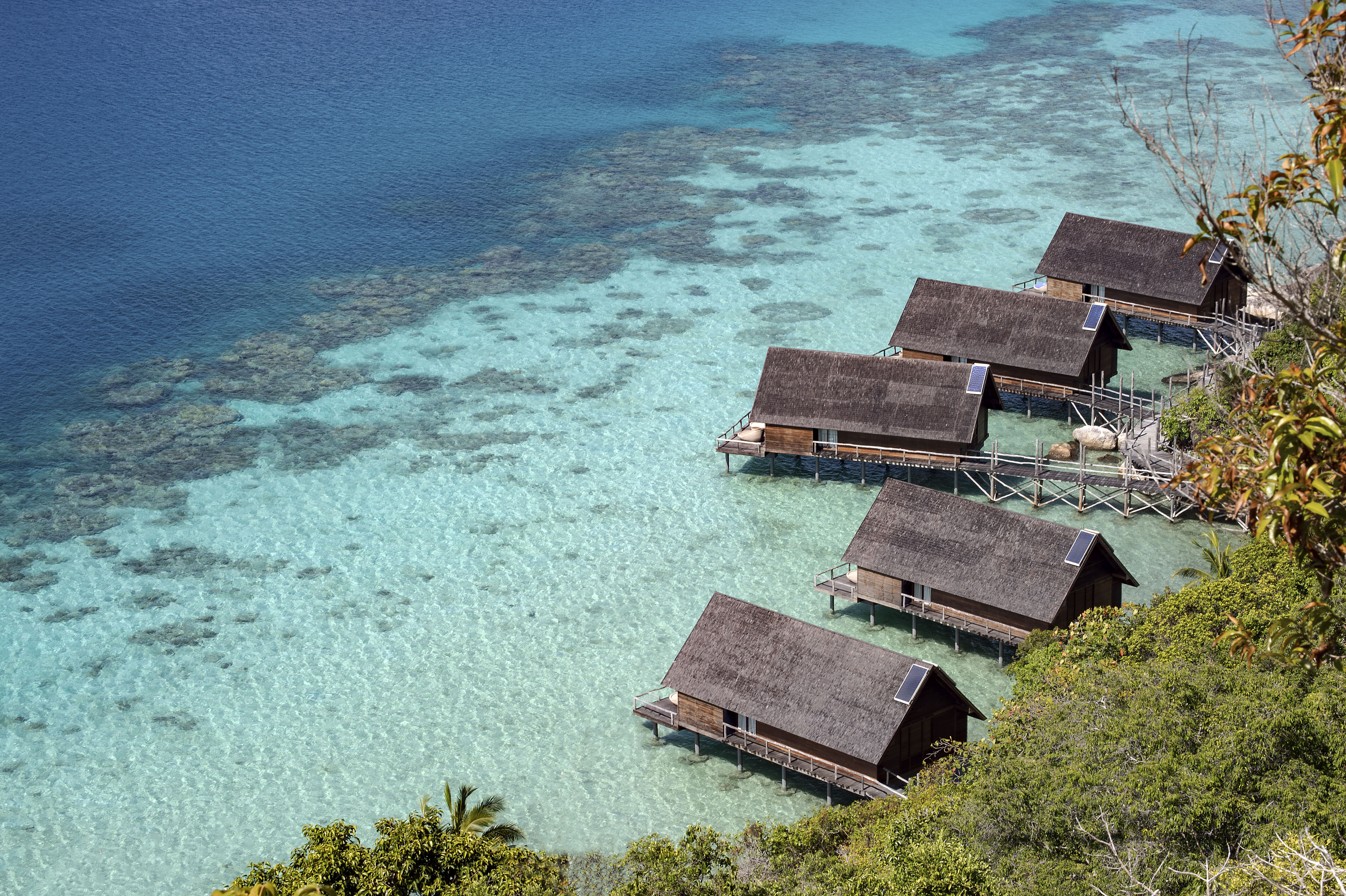
The term “sustainable travel” is widely used but its definition is still quite fuzzy. We are
often asked - what does the term mean exactly? This definition from National Geographic captures what we consider the term to mean. It reads: “sustainable tourism—a framework for engaging travellers and the travel industry at large in supporting goals that include protecting the environment, addressing climate change, minimising plastic consumption, and expanding economic development in communities affected by tourism.”
To ensure your holiday destination practices true sustainable tourism development, here are some key pointers to look out for:
The world is running low on coal, gas and oil. These energy sources are non-renewable and
negatively impact the environment with air pollutants, the potential for spills and intensive
extraction processes. Because very few hotels run 100% from renewable sources,
it’s more important to understand what sustainable energy operations resorts currently have in place and what future commitments have been made. To know, simply ask before booking.
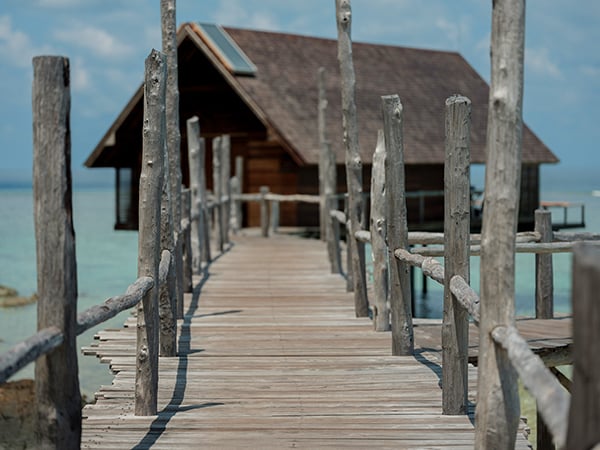
We heat all of our water via solar panels and are in process of expanding out solar power
use in the future. By the end of 2021 we will have a floating solar farm to increase our solar
power use.
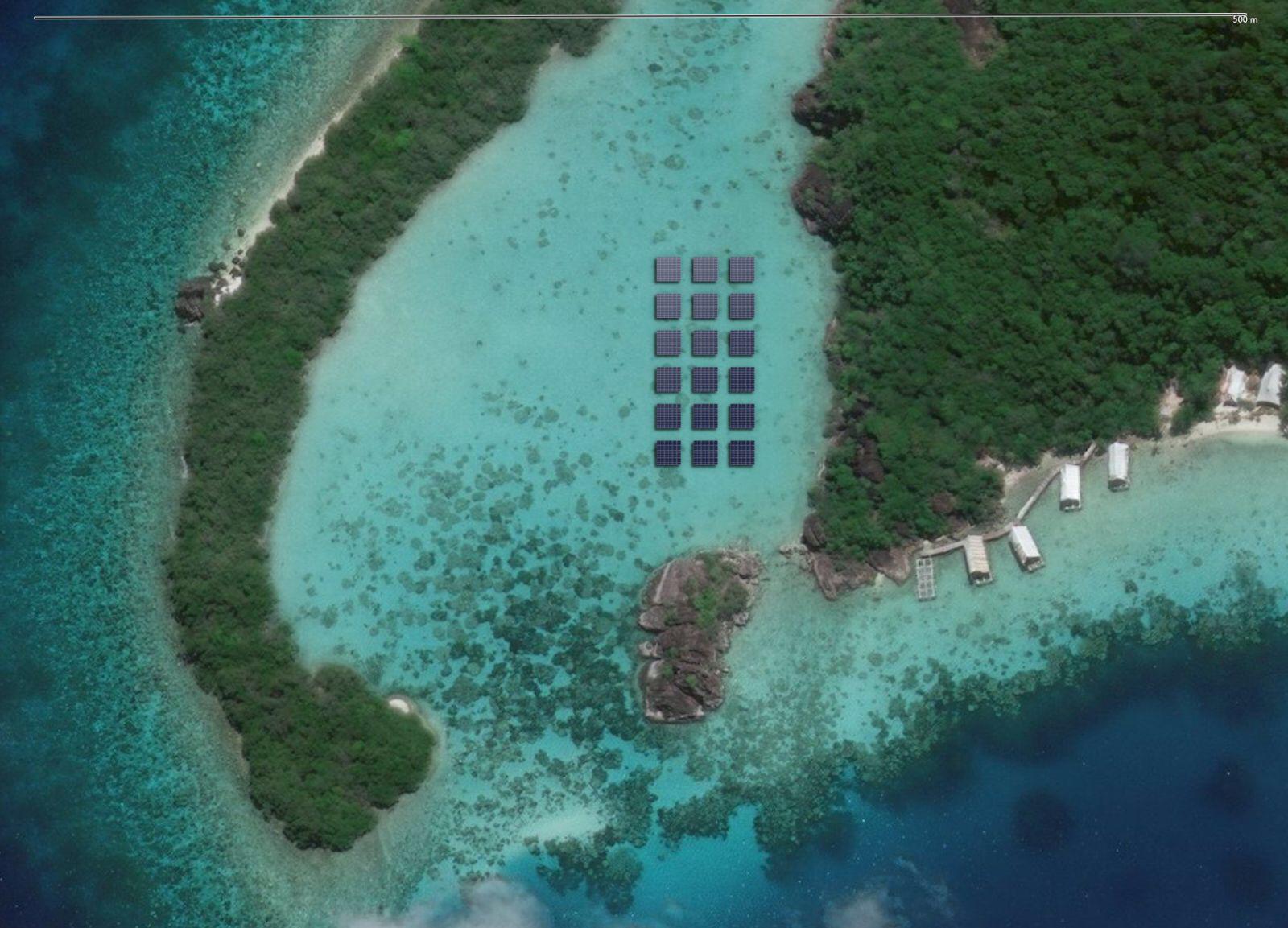
Whilst most hotels use local water sources, there are many filtration options available to
remove chemicals and bacteria from the water. If the information is not available on the
hotel’s website, ask during the reservation process. This feature from The Green Hotelier
highlights more details that you can ask from your hotel.
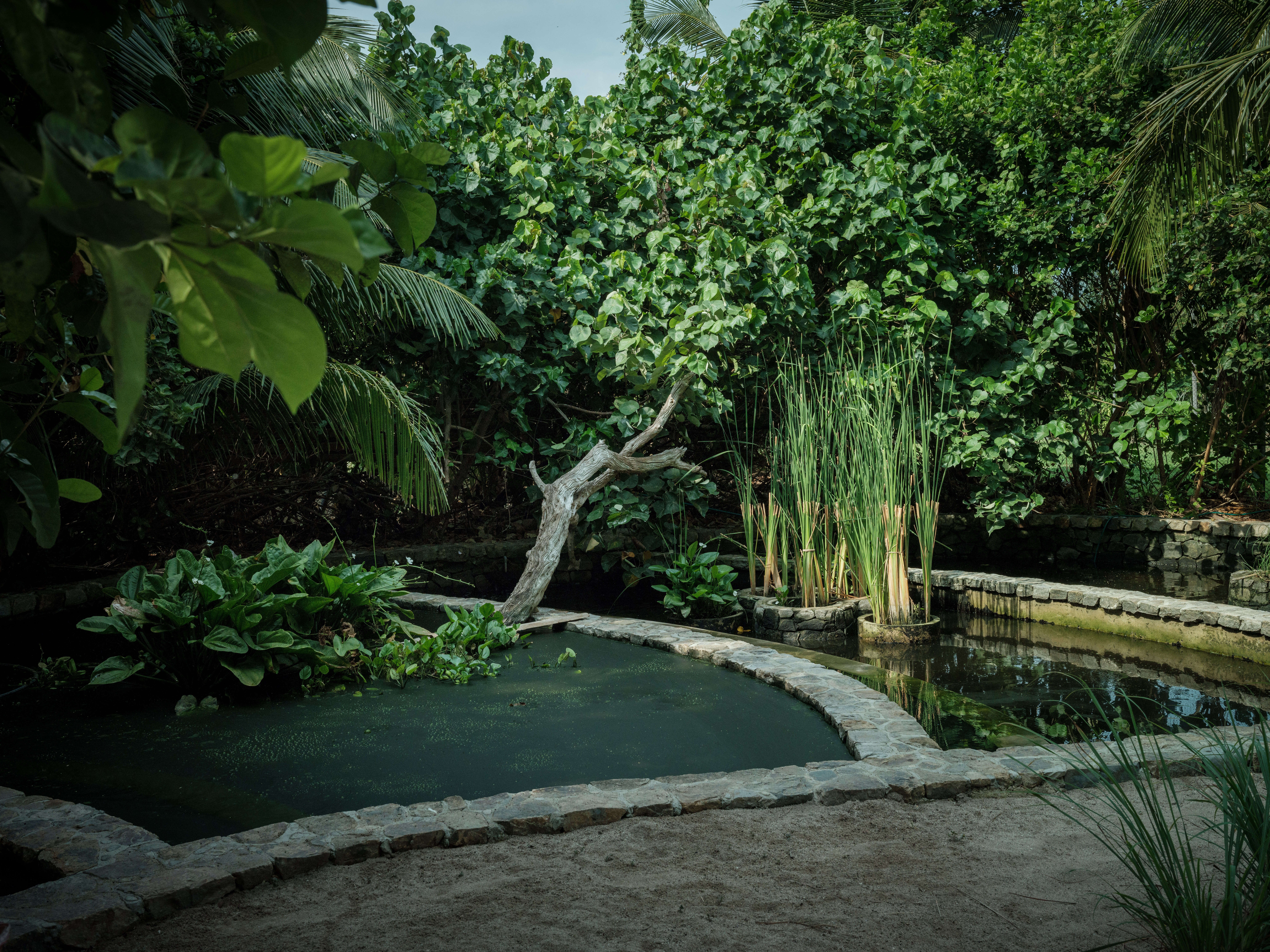
We do not have a municipal water source, and you won’t find plastic bottles anywhere on
our island. Instead, we rely on rainwater, groundwater and a desalination plant to produce
water for all of Bawah’s needs. Drinking water is desalinated using reverse osmosis and
microfiltration, then given an additional filtration before being served as still or sparkling
water in our restaurants and bars. We are also careful to use water efficiently and to protect
the ocean from waste water. Read more about our water here.
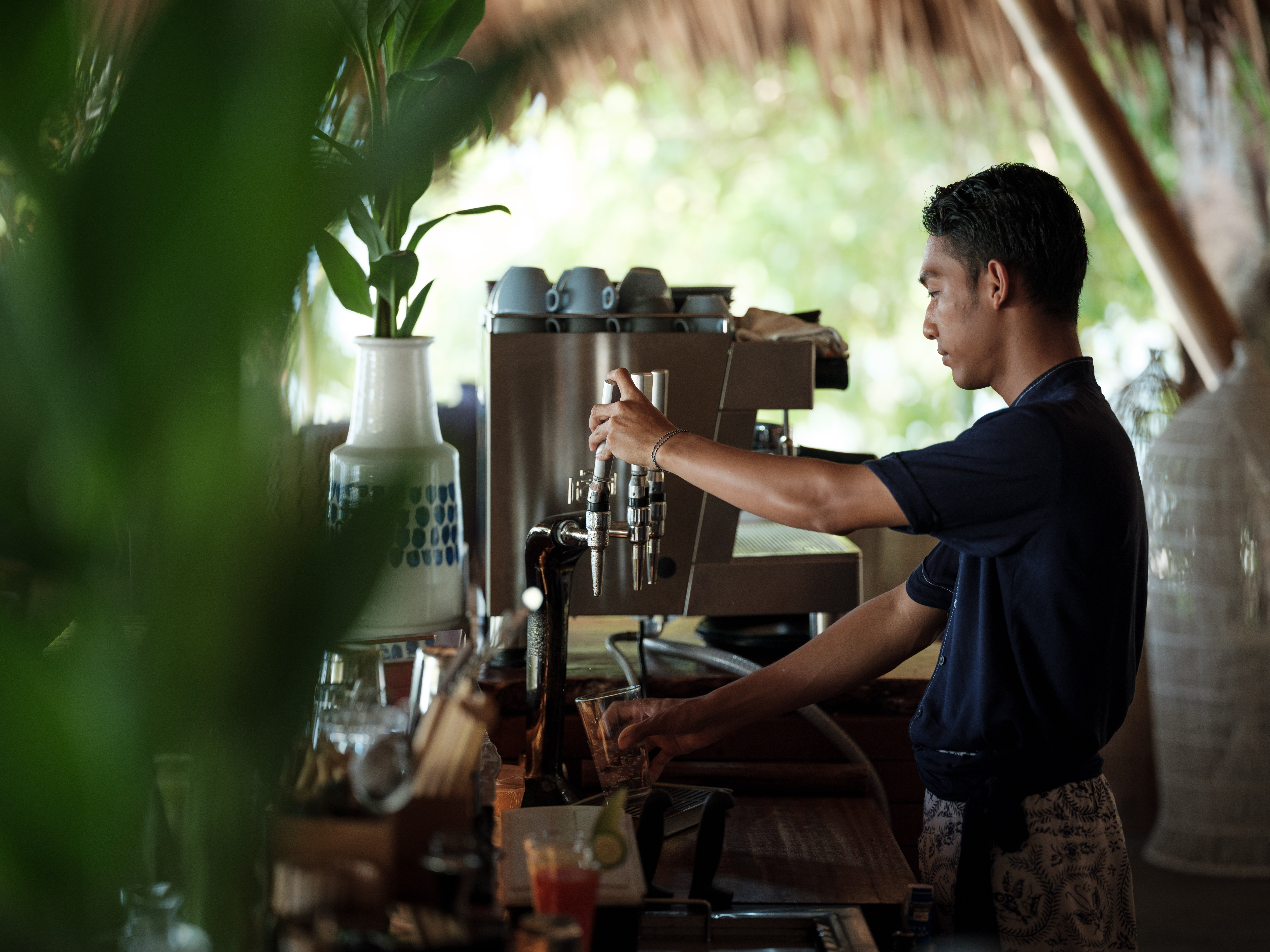
This is a major global issue right now. Many countries have started eliminating single-use
plastic bags and straws, but this is only the beginning of the efforts that are needed. There is
no longer any excuse with so many reuseable alternatives available. Here are some hotels making huge effort towards reduction in plastic.
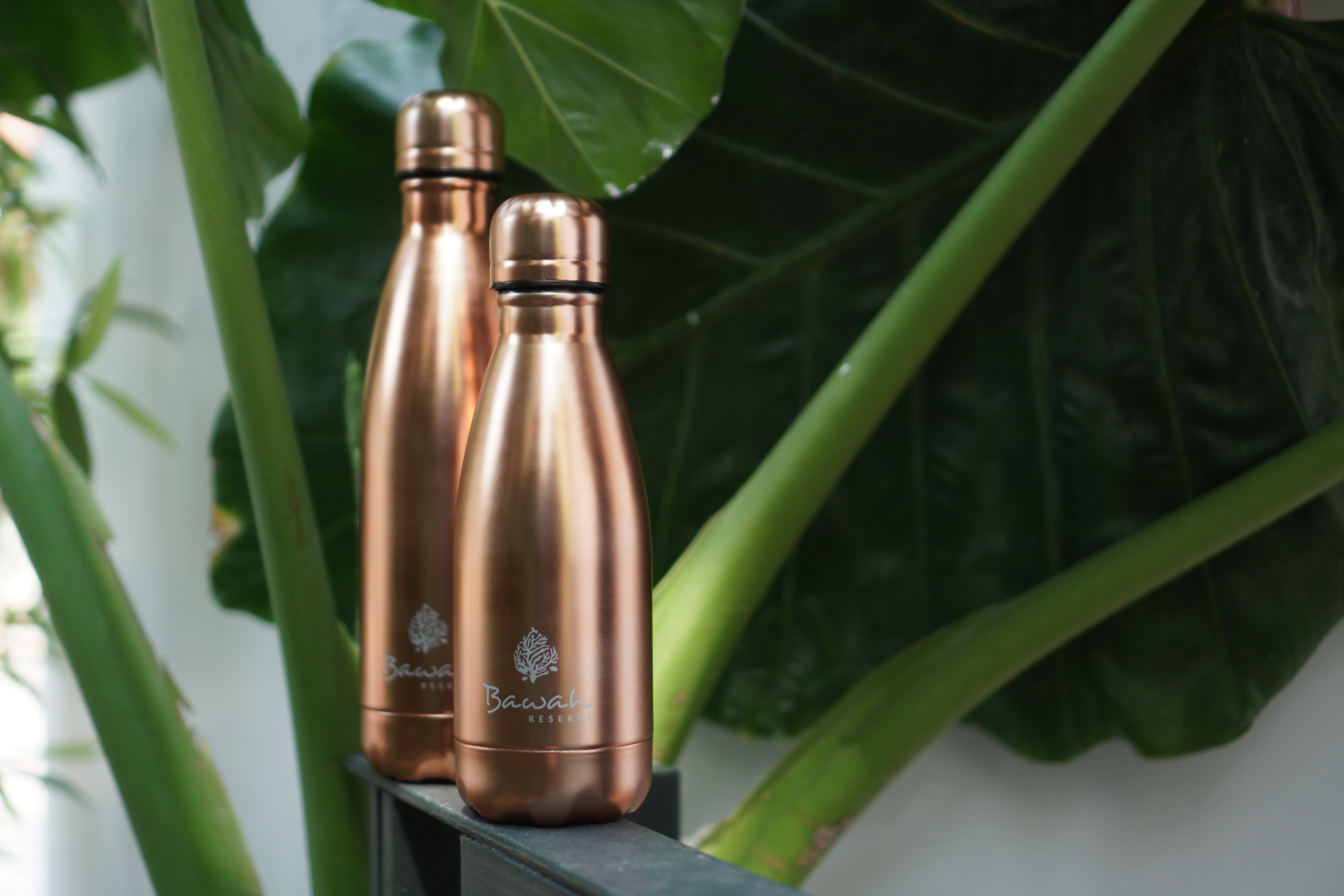
Single-use plastic is banned on Bawah Reserve. Guests are given stainless steel water bottles
when they arrive. In-room drinking water is provided in glass bottles, and guests can use
reusable straws, if desired. Read more about sustainability at Bawah here.
Whether a hotel or resort advances or protects the local environment is a huge sign of its
commitment to sustainability. Look out for or ask about environmental projects the hotel may be involved in. A great example are these hotels that have created their own rooftop bee
gardens.
The Bawah owners fought to make Bawah and its neighbouring water a marine
conservation reserve. The island was formerly used for dynamite fishing, which damaged
the coral and depleted the area of local fish. The owners of Bawah have spent the last 5
years rehabilitating the local eco-system, including restoring the coral and fish supply, to
return Bawah to the pristine condition you see today.
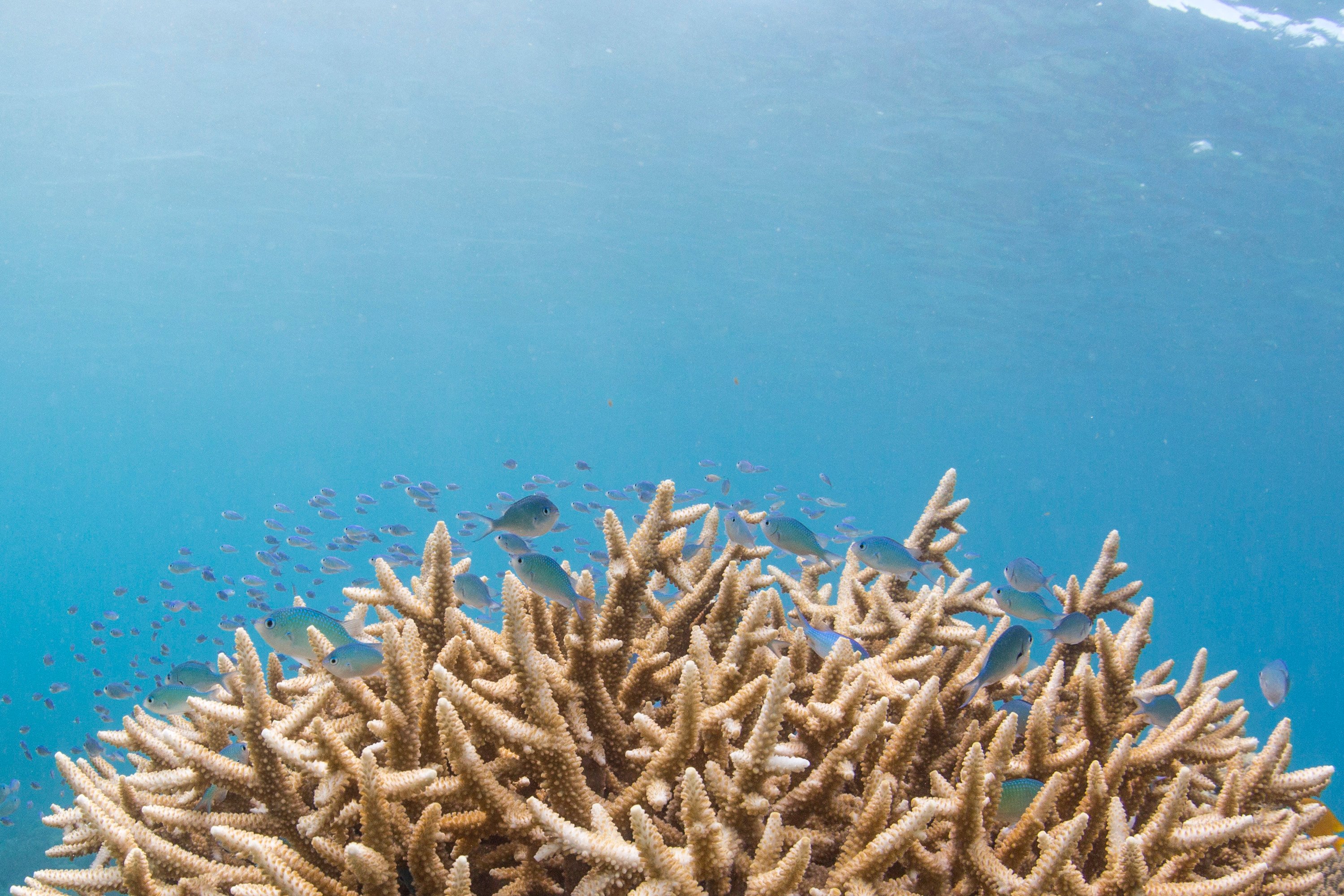
It’s important to assess the impact of a hotel on the local community. If a resort has many
sustainable operations in place but the community around it is negatively impacted, then
the gross effect is negated. Some good examples of eco-resorts that give back to the local
community can be found here.
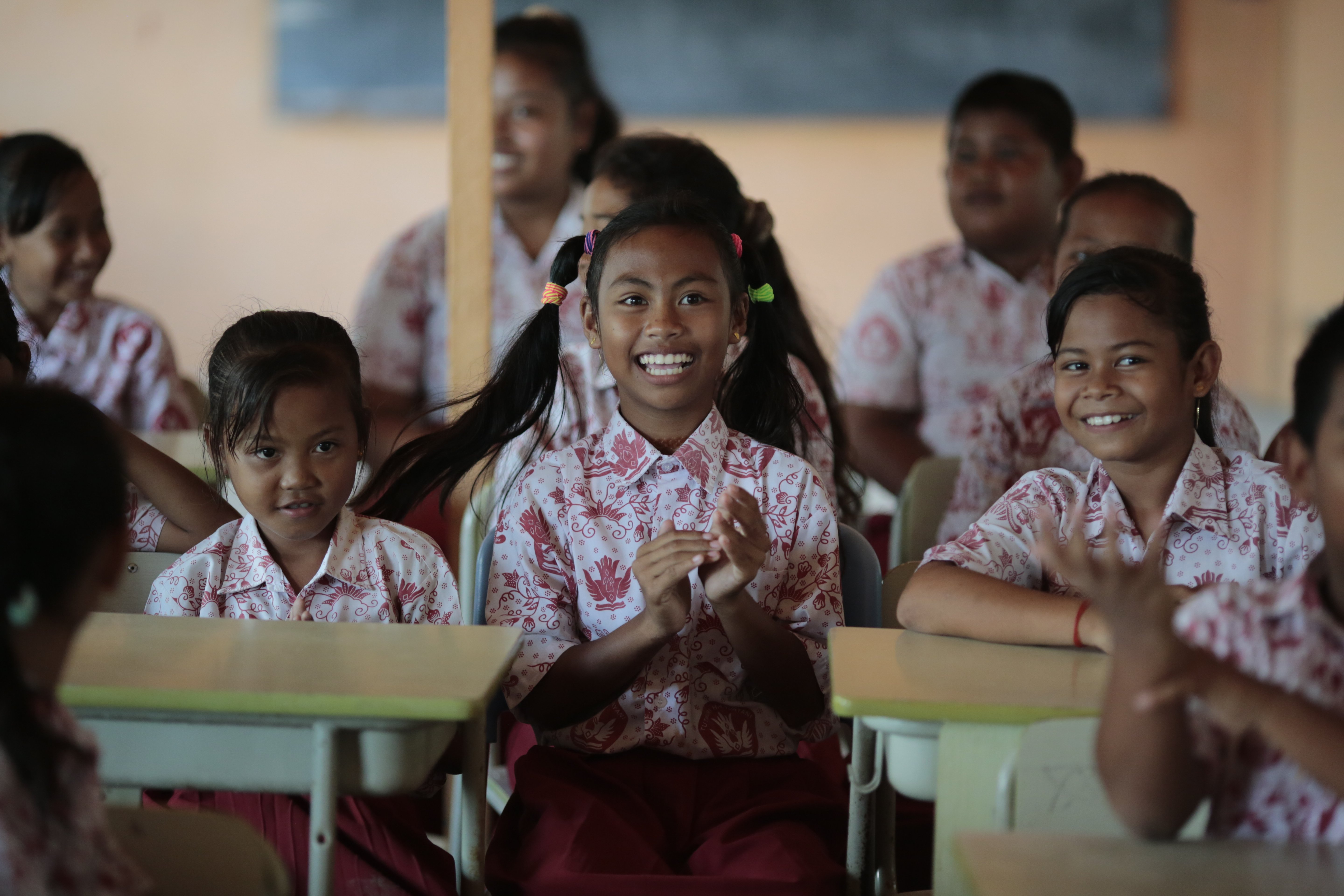
In April 2018, the Anambas Foundation (AF) was founded to help protect the islands and
elevate the welfare of its surrounding communities. AF started outreach and improvement
programmes in the Anambas region that involve integrated waste management,
organic farming and female empowerment, to name a few. Read more about AF and its
priorities here.
If you’re committed to supporting sustainable tourism, why not get involved yourself?
Many hotels and resorts offer activities that enable you to contribute to their sustainability
efforts.
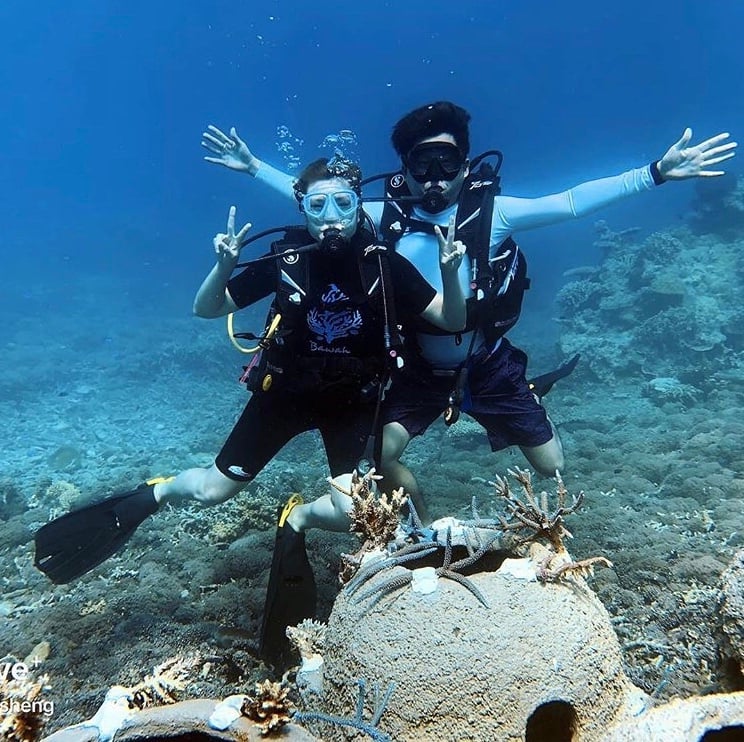
Often included in features for Best Destinations for Sustainable Travel, we encourage guests to get involved, whether by participating in beach clean-ups or conservation dives to plant coral trees, getting involved in our turtle egg and nest protection initiative or getting your hands dirty in the permaculture gardens.
Make your travel plans count. Start your sustainable journey here:
An all-inclusive experience, redefined…At Bawah Reserve in Indonesia’s pristine Anambas...
Begin your day at Bawah Reserve with your choice from our Juice Butler service: fresh...
If you’ve noticed the beautifully patterned fabrics in your villa, you’ve already...
Ready to make a splash?For guests who are both swimming-fit and up for a challenge,...
Welcome to the thermal contrast therapy facility at Aura Sanctuary at Bawah Reserve,...
Planning your dream private island holiday in Indonesia? Here at Bawah Reserve, we...
3 ways to repost or use our Instagram Reels
We love that you want to share a little...
2024 wellness trends were exciting for sure, but it keeps getting better! The top...
A new subtle yet powerful trend - that of being “demure” and “mindful” - has been...
When we think of bees, honeybees often come to mind. However, at Bawah Reserve, a...
In the heart of Southeast Asia lies a hidden gem that promises a retreat into nature,...
It’s safe to say that if you ask someone to name a tropical island destination, they will...
As we step into 2024, the world of well-being is teeming with transformative trends that...
2 years ago for Earth Day 2022, we created 10 sincere pledges for investing in the planet...
Starting to plan your dream wedding? Some couples have a clear idea of their perfect...
We are often asked about the best time of year to schedule a trip to Bawah Reserve.Which...
Our faraway paradise is well worth the journey and there are many ways to get to Bawah,...
© Bawah Reserve 2024. Anambas. Riau Islands. Indonesia
leave a comment